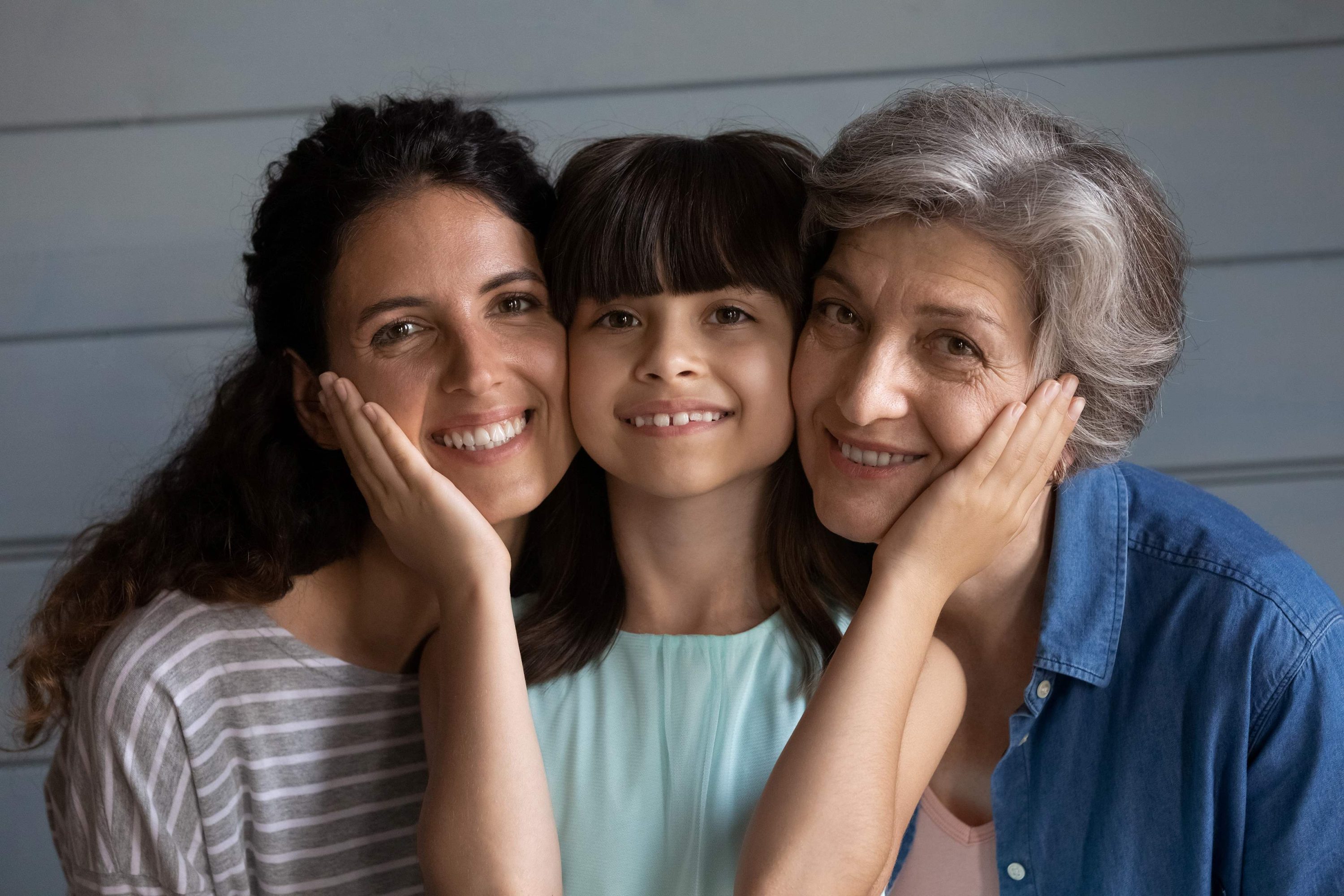
As we go through life, we often come to depend on our family relationships to provide emotional support and guidance both in good times and during moments of difficulty. While maintaining strong family connections is important at all stages of life, it becomes increasingly important for older adults. In fact, according to a study published by Oxford University Press, family relationships provide the resources and support that can help an individual cope with stress, engage in healthier behaviors, and enhance self-esteem. In addition, family relationships evolve over a lifetime, which allows us to share important life experiences and milestones with one another, often deepening our emotional connection. For older adults, the experience of witnessing their adult children become parents or supporting their grandchildren as they become their own unique individuals can provide a sense of purpose and deep connection. Family relationships are an essential aspect to seniors’ overall emotional wellbeing and mental health.
Strong family relationships are very closely associated with positive health outcomes for older adults. According to the American Psychological Association, close connections with others are likely to promote good overall health by shaping daily behavior that directly affects a person’s wellbeing. Older adults are able to better manage chronic health conditions and make better lifestyle decisions when they have strong connections with their family members who also have the ability to serve as their loved one’s advocate. In addition to better overall health, older adults who maintain close connections with their families are more likely to experience other importance benefits:
Maintaining strong family connections is actually linked to a longer life. According to a study presented at the annual meeting of the American Sociological Association, older adults who reported feeling extremely close to family members had a 6 percent risk of dying in the next five years when compared to a 14 percent risk of death among people who didn’t feel as close with their family. Experts agree that this could be attributed to the sense of responsibility that we feel for our family members, especially when it comes to providing for one another.
Older adults are forced to use all of their senses when engaging with their family members. Participating in activities like holiday and birthday celebrations and typical family activities is a great way to exercise the brain without even knowing it. These interactions often lead to a sharper mind and boost in mood. In fact, according to the Public Library of Science, older adults who maintain close social relationships lower their risk of developing dementia.
Older adults are more prone to injury and illness in their later years which can have a negative impact on their overall health. Research shows that having close family ties can actually speed up the healing process for older adults. These important relationships can also lower blood pressure and inflammation while also boosting the immune system.
Getting older can have its obstacles. Managing finances and making important healthcare decisions can get more difficult as we get older. While it’s a difficult conversation to have, seniors who can rely on family for help in navigating these situations can ensure that their long-term needs and wishes are met.
A good relationship with family can help older adults feel more supported, fulfilled and increase their sense of belonging and feeling loved. Seniors who have relationships with their family members are more likely to have access to resources for help and support when they need it the most.
There are so many ways to stay connected to loved ones, even if they are long-distance. As we get older, it’s important to prioritize these relationships for our mental, physical, and emotional wellbeing. Here are a few ideas to help cultivate stronger relationships with your family members:
Video conferencing is a great option for older adults who live far from their immediate family members. It can help spark communication and encourage intergenerational relationships when used with grandchildren and great grandchildren. While it’s certainly not the same as spending time in-person, video chats bring many of the same benefits as face-to-face interactions.
If you’re able, the next time your grandchild or young family member has a school or sporting event, make sure to attend. This is a great opportunity to show your support and stay involved in their personal lives. If your family lives in another state, asking for pictures of their activities is another great way to stay in touch.
Family reunions are a special way to reconnect with family members, especially for large families. Exploring new places, having conversations and reconnecting with loved ones is also a great way to exercise the brain and strengthen your cognitive functioning.
Cooking is a great opportunity for bonding! If you live close to your loved ones, you might try swapping recipes and make your favorite dish together. For those who live long-distance, cooking together via a video conferencing platform, like Skype, can make it feel like you’re in the same room.
At Maplewood Senior Living, we know how important maintaining family ties is for older adults. That’s why Family Connection is one of our nine essential building blocks to intentional and healthy living. We provide families and residents with the opportunity for connection through our specialized programming and inviting social spaces. To learn more about these offerings or to schedule a tour, please contact us.
Sign up to receive the latest posts straight to your inbox.
Keep Reading